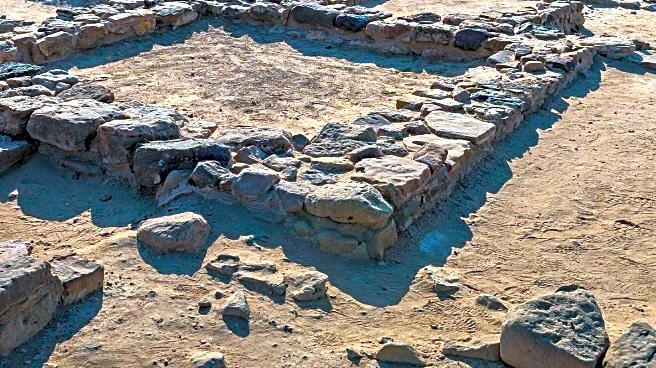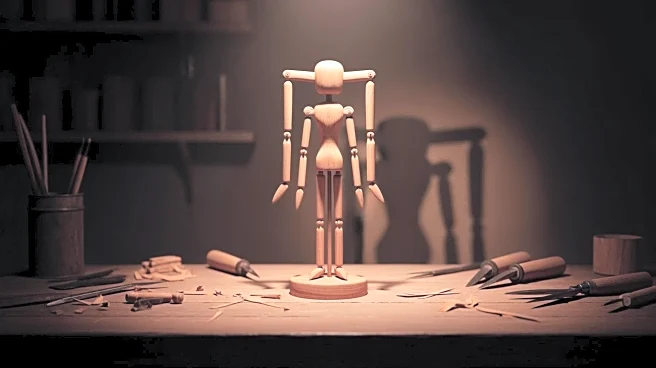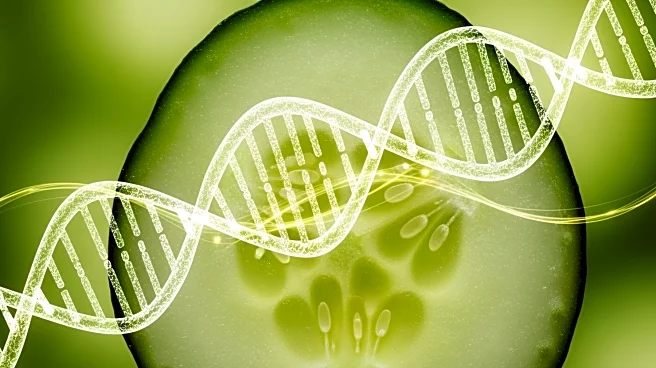What is the story about?
What's Happening?
The article explores the personal grief experienced by a Palestinian individual following the death of their grandmother, set against the backdrop of ongoing conflict in Gaza. The author reflects on the disparity between personal loss and the widespread suffering in Gaza, where many face violent deaths and malnutrition. The narrative delves into the emotional complexity of mourning a loved one while being acutely aware of the larger humanitarian crisis affecting Palestinians. The grandmother's life story, marked by historical events such as the Nakba and the division of her family, serves as a poignant reminder of the enduring impact of conflict on personal and collective identities.
Why It's Important?
This exploration of grief highlights the intersection of personal and collective experiences in conflict zones, offering insight into the emotional toll on individuals who are part of a larger community facing adversity. The narrative underscores the challenges of reconciling personal sorrow with the awareness of broader suffering, a common experience for many Palestinians. It also sheds light on the cultural significance of food and family traditions as acts of resilience and defiance against the backdrop of political and social upheaval. The story contributes to a deeper understanding of the human dimension of conflict, emphasizing the need for empathy and recognition of diverse experiences.
Beyond the Headlines
The article raises important questions about the nature of grief and its legitimacy in the face of mass atrocities. It touches on the concept of disenfranchised grief, where personal mourning feels overshadowed by larger tragedies. This reflection invites readers to consider the ethical and emotional complexities of grieving in a world where suffering is unevenly distributed. The narrative also highlights the role of cultural practices, such as cooking and storytelling, in preserving dignity and humanity amidst adversity, offering a powerful testament to the resilience of the Palestinian people.
















